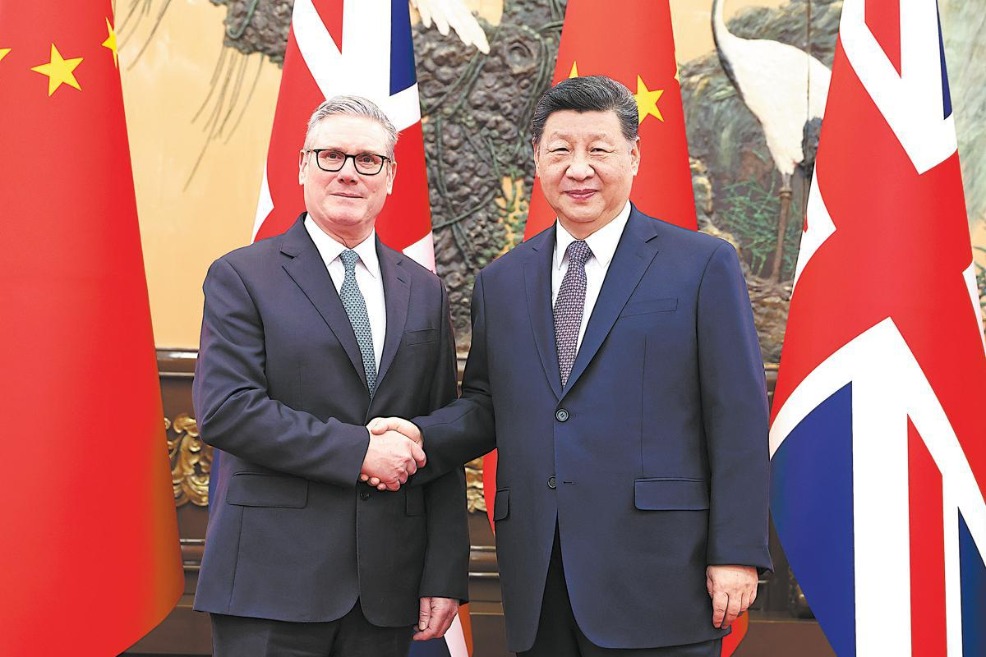How Chinese buyers can manage outbound M&A

There has also been a change in the types of companies doing deals – in the past the landscape was dominated by State-Owned Enterprises (SOEs). More recently we have seen diversification in the buyers competing for these deals, with more private companies and M&A funds entering the market.
This diversification can also be seen in the financial vehicles in use – five years ago SOEs were funding the majority of deals with their own money, or bank loans. These methods have changed and we are now seeing deals financed by customized financial vehicles or loans, as well as fixed income issuances to finance overseas investments.
These changes reflect the underlying development happening in China on two levels. On one level, the government is reforming both the economy and capital markets, meaning that Chinese companies can more easily access capital and there is a lower regulatory entry barrier. This gives them easier access to international markets.
There has also been another level of change in the developments of Chinese companies themselves. Compared to the past, they are no longer willing to buy a standalone asset. These companies are focused on forming a strong overall business strategy. They want to create a sustainable business by buying assets which are well-suited to their existing business and provide strategic synergies.
In an example of this type of deal, White & Case earlier this year advised Haier Group, a Chinese consumer electronics manufacturer, on its strategic cooperation framework agreement with General Electric. The acquisition of GE Appliances will allow Haier to expand its presence in international markets, including the US.
As one of the world’s leading home appliance providers, this acquisition will further establish Haier’s global presence in the appliance industry. Rather than just buying an asset perceived to be valuable, the focus of this deal is on the company itself and the synergies it will provide to the existing business.
There has also been change and development in the risks and uncertainties facing outbound M&A deals. Chinese corporates are facing increased regulatory scrutiny and non-commercial uncertainties. When investing in an overseas market, Chinese buyers need to manage both domestic regulation and also the risks around regulatory scrutiny in the target market. The Committee on Foreign Investment in the United States (CFIUS) remains a key risk consideration for China M&A.
Between 2012 and 2014, Chinese corporates had the highest quota of deals undergo the CFIUS review process in the US. Earlier this year, CFIUS blocked Asian investors from acquiring a Dutch company’s US-based lighting division on national security grounds. Other countries in Europe also have their own review process, especially around potentially sensitive sectors.
Non-commercial factors, such as geo-political and economic risks, are also bringing a lot of uncertainty to the M&A market. Brexit has impacted European and UK legal frameworks, meaning a lot of M&A targeted at the UK has been suspended until people can establish a clearer picture of how this will impact the legal framework long-term. Although China’s weakening currency is not a major issue for Chinese corporates in their deal activity, it remains a factor. Currency fluctuations can impact the valuations or estimated cost when a deal process stretches over months.
This diversification is set to continue in a range of areas. There is also no doubt that we will see record highs in terms of Chinese outbound M&A deal volumes in 2016. As of June this year, China stands as the third highest contributor to inbound acquisitions with US$27.5 billion in deal value, behind the UK and Canada.
So far, we are seeing strong interest in Europe and the US as key target countries for China buyers. Other markets, such as Israel, are set to become more popular among buyers seeking investment in advanced technology. We expect to see continuous change in the way Chinese corporate diversify their target assets, approach to deals, and financing structures.
There is room for improvement for the use of more advanced financing vehicles, to help lower the cost and increase access to international markets.
Alex Zhang, Head of White & Case's China corporate and M&A practice


































